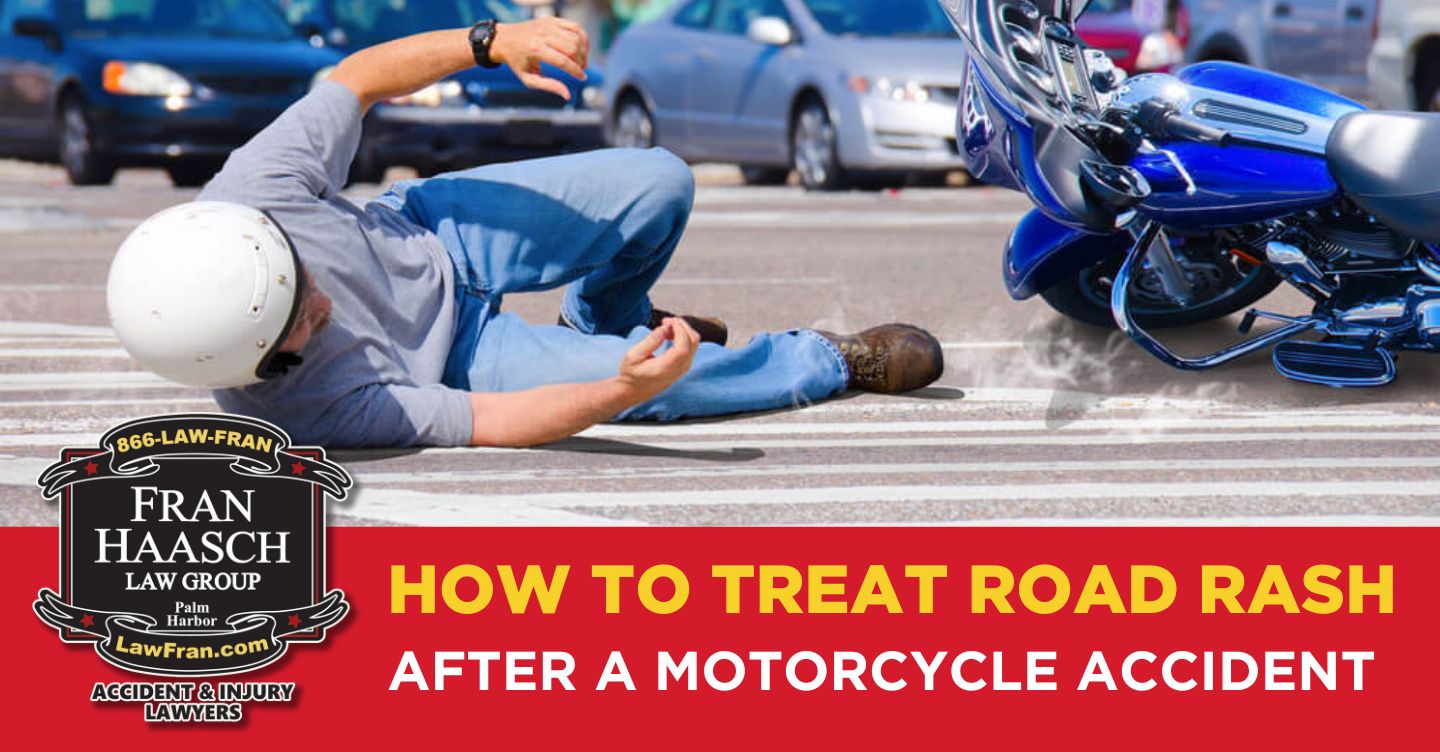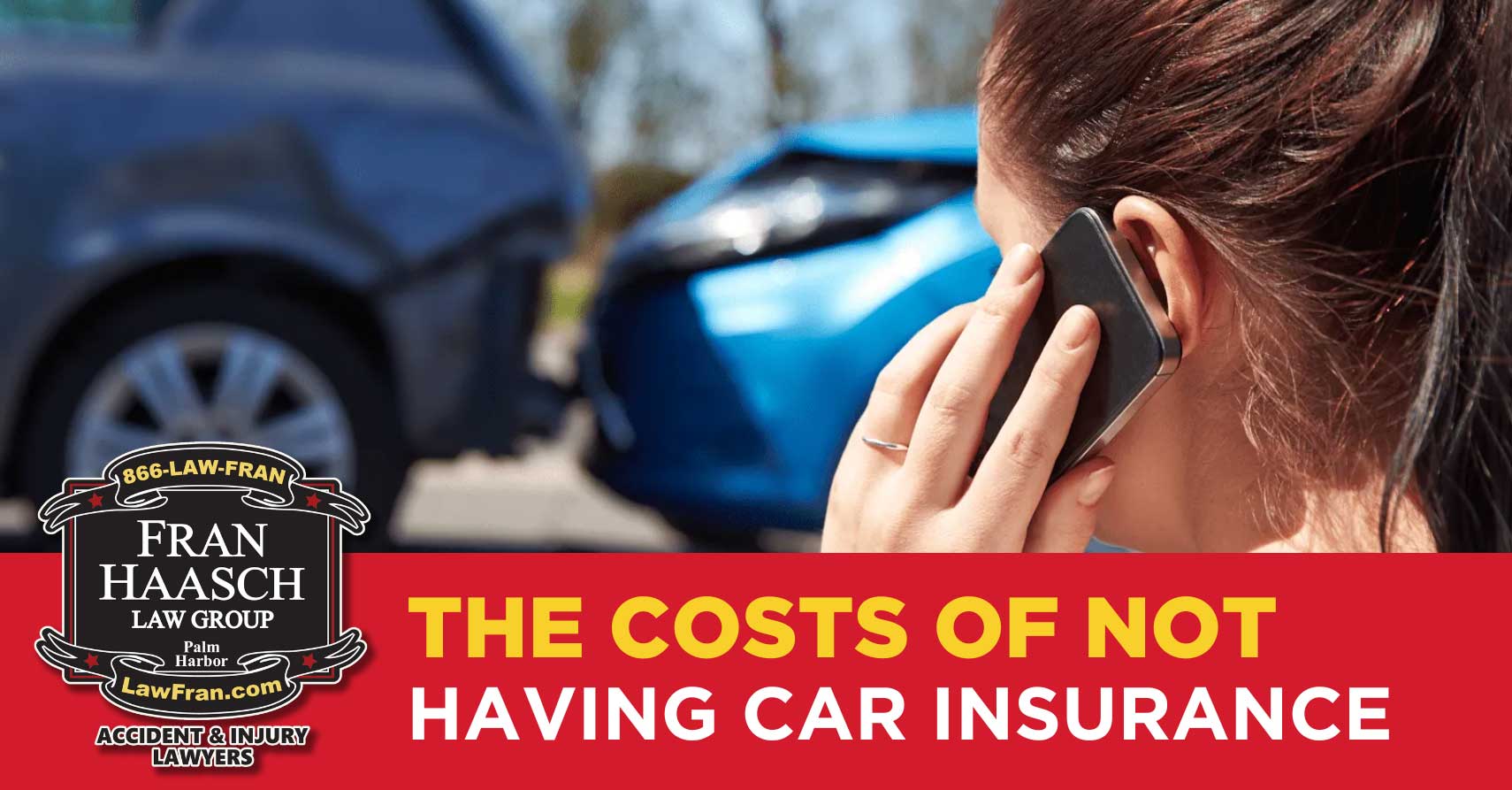
Florida repealed the universal helmet law in 2000 for motorcycle riders over 21. Current Florida motorcycle helmet laws state that if you are over 21 years of age, you do not have to legally wear a helmet. However, if you choose to ride a motorcycle unhelmeted, you must be covered by a $10,000 medical insurance policy to cover any injuries resulting from a crash.
Over twenty years ago, the Florida motorcycle helmet law required all motorcyclists to wear a helmet to prevent deaths and catastrophic injuries during an accident. Citing personal freedoms, lawmakers amended the law, giving approved riders the option to forgo helmet use while riding their motorcycle.
If you have been injured in a motorcycle accident through no fault of your own, contact one of our Florida motorcycle accident attorneys as soon as possible. You may be entitled to compensation for medical benefits, lost wages, and more.
What is the Difference Between Certified and Non-Certified Helmets?
Although Florida’s motorcycle helmet law doesn’t require motorcycle operators to wear a helmet, if you choose the protection of wearing a motorcycle helmet (and we recommend you do), there are several styles to choose from. Full-face and modular helmets protect the head, chin, and neck, offering the most protection, while open face ¾ helmets cover your head’s top, back, and sides.
You can spot an unsafe or non-certified helmet when it fails to meet the following minimum safety standards:
- “DOT” approved sticker on the helmet
- At least 1” stiff foam inner liner
- Weighs an average of three pounds
- Chinstrap with strong rivets (not plastic buckles)
- Objects do not extend further than two-tenths of an inch from the helmet’s surface
Should I Buy a Used Motorcycle Helmet?
Motorcycle helmets can be costly, but it’s a piece of protective equipment that should never be purchased secondhand.
- Helmets are designed for various head shapes. Over time, used helmets shape to the wearer’s head, often resulting in an uncomfortable fit on a secondhand user. Without a universal helmet size, it’s best to select multiple options to find a helmet that fits without gaps.
- Motorcycle helmets are viable for one crash only. The outer shell cracks and the inner shell compresses to cushion your head in an accident. During the event, the inner shell becomes compromised.
- All motorcycle helmets expire after several years. This is true even if they haven’t been in an accident. Polycarbonate helmets typically expire after four years, and composite helmets expire after an average of six or seven years.
Motorcycle Accidents in Florida
Motorcycle accidents can often be very serious. According to the Florida Traffic Crash Facts Annual Report, there were nearly 9,000 motorcycle accidents in Florida in 2019. Of those accidents, 550 were fatal. Although Florida does not have a law requiring all motorcycle riders to wear helmets, it is still important to wear one whenever you are on the road.
Wearing a motorcycle helmet can help protect you in case of an accident. Helmets are designed to absorb the impact of a crash, which can help to prevent or reduce a head injury or traumatic brain injury. In addition, helmets can also help protect your eyes and face from debris and other objects that could cause serious injury.
Filing a Motorcycle Accident Claim in Florida
If you have been involved in a motorcycle accident in Florida, you may be wondering what your next steps should be. You should first seek medical attention, even if you do not think you are seriously injured. Once you have seen a doctor, you can start to gather evidence to support your claim. This evidence can include your medical records, accident scene photos, and witness statements.
If you have been injured in a motorcycle accident caused by another driver, you may be entitled to compensation. An experienced personal injury lawyer can help you understand your legal rights and options. If you choose to file a claim, your lawyer can help you to gather the evidence you need to support your claim and negotiate with the insurance company on your behalf.
Who is Liable in a Motorcycle Accident?
Many possible parties could be held liable for your injuries in a motorcycle accident. If another driver caused the accident, they may be held liable. If the road was in poor condition, the government agency responsible for maintaining the road could be held liable. In some cases, even the motorcycle manufacturer or its parts could be held liable.
Is Choosing Not to Wear a Helmet Considered Negligence?
Although Florida’s motorcycle helmet law does not require bikers to wear a helmet, there are legal reasons why you should. After a motorcycle crash, many riders question whether riding without wearing a helmet constitutes “negligence” that could reduce the damages they might receive.
GREATER PERCENTAGE OF FAULT IN FLORIDA
As per the provisions of HB 837, Florida has transitioned from a pure comparative fault system to a “greater percentage of fault” system in March 2023. This change indicates that if a party is determined to be more than 50% responsible for their own injury, they will be ineligible to receive any compensation.
This alteration may have a significant impact on accidents involving motorcycles where the rider has not worn a helmet. For example, if the court determines that not wearing a helmet contributed more than 50% to the injury, the motorcyclist may not be able to recover damages from the other party, even if the other party was substantially at fault for the accident.
The language of the bill has been widely criticized for its potential to disproportionately affect injured motorcycle riders who are not wearing helmets. Critics have argued that it is unfair to hold an individual more than 50% responsible for their own harm simply because they chose not to wear a helmet when another party may be much more at fault for their negligence.

Are Helmets Effective in Preventing Injuries?
The effects of Florida’s repeal of its all-rider motorcycle helmet use law were analyzed in a National Highway Traffic Safety Administration (NHTSA) study. Florida’s results showed an increase in the following:
- Injured motorcyclists’ hospital admissions increased by 40%
- Admissions for head, brain, and skull injuries increased by more than 80%.
Total gross treatment costs for these cases more than doubled, and the costs per case also increased substantially. Fewer than 25% of riders admitted to the hospital received treatment that cost less than $10,000.
Thankfully, the NHTSA reports that helmets are 37% effective in preventing deaths in a motorcycle accident and 67% effective in preventing brain injuries. You can learn more about choosing and caring for a helmet from the Motorcycle Safety Foundation.
Other Ways to Prevent Motorcycle Injuries
In addition to wearing a helmet, there are other things you can do to prevent injuries while riding your motorcycle.
- Make sure that you are visible to other drivers
- Avoid riding in bad weather whenever possible
- Wear eye protection
- Follow the traffic laws for motor vehicles
- Don’t drive under the influence of drugs or alcohol
Contact a Tampa Bay Motorcycle Accident Lawyer Today for a Free Case Evaluation
If you or a loved one has been involved in a motorcycle accident, contact a Tampa Bay motorcycle accident attorney as soon as possible. Florida law allows victims to recover compensation for injuries and other losses resulting from a collision.
Whether you were wearing a helmet can impact how your case is handled, and speaking to an experienced attorney can help maximize your compensation.



